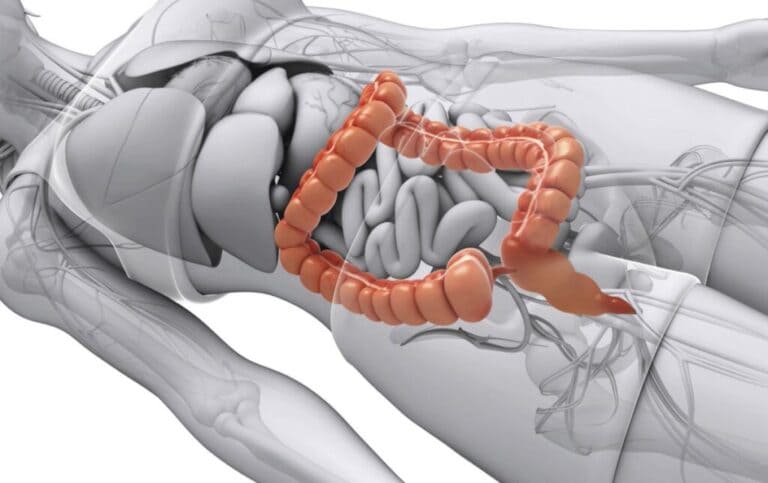
DEPARTMENTS
At Brahm Chaitanya Super Speciality Hospital in Pimpri Chinchwad (PCMC), we prioritize the well-being and education of our patients. Understanding the procedures you may undergo is essential for both peace of mind and recovery. One such important procedure is colorectal surgery, which focuses on conditions affecting the colon, rectum, and anus. This guide will help you understand what colorectal surgery entails, the reasons it may be necessary, and what to expect before, during, and after the procedure.
Colorectal surgery refers to a wide range of surgical procedures performed to address diseases of the large intestine (colon), rectum, and anus. These procedures are often necessary to treat conditions like colorectal cancer, diverticulitis, inflammatory bowel disease (IBD) such as Crohn’s disease and ulcerative colitis, hemorrhoids, and severe cases of constipation or bowel obstruction.
Colorectal surgery can involve removing diseased sections of the colon or rectum, repairing damage, or even rerouting the intestinal tract to allow for healing. Advances in medical technology mean that many colorectal surgeries can be performed using minimally invasive techniques, such as laparoscopic or robotic surgery, leading to quicker recovery times and fewer complications.
Several conditions might lead your doctor at Brahm Chaitanya Super Speciality Hospital to recommend colorectal surgery. These conditions include:
The type of colorectal surgery recommended for you depends on the underlying condition. Here are some common types of procedures:
Your doctor will guide you through a detailed preparation process before surgery. You may be required to undergo tests such as blood work, colonoscopy, or imaging studies to evaluate the extent of the disease. Additionally, you’ll likely be asked to follow a bowel prep routine, which involves clearing your intestines using a prescribed laxative. This ensures a cleaner operating field and reduces the risk of infection.
If you take blood thinners or other medications, your healthcare team will provide instructions on whether to stop or adjust them before surgery. You’ll also meet with an anesthetist to discuss anesthesia options and manage any concerns you might have.
On the day of your surgery, you’ll be brought into the operating room where you’ll be administered anesthesia. Depending on the complexity of your surgery, the procedure can last anywhere from 1 to 4 hours. During the surgery, your surgeon will perform the necessary repairs, removals, or reconstructions.
If a stoma (colostomy or ileostomy) is necessary, your surgeon will explain the process and how you’ll manage it post-surgery.
After your surgery, you will be monitored closely in the recovery room. You may experience some pain, but this will be managed with medications. If you’ve undergone minimally invasive surgery, your recovery time will likely be shorter, and you may be able to go home within a few days.
Full recovery can take anywhere from several weeks to a few months, depending on the extent of your surgery. You’ll need to follow a special diet at first, gradually reintroducing solid foods as your digestive system heals.
Your doctor will provide detailed instructions on wound care, managing a stoma (if applicable), and recognizing signs of infection or complications. It’s important to attend all follow-up appointments to ensure proper healing and to discuss any concerns.
Colorectal surgery is a highly effective treatment for various gastrointestinal conditions, and at Brahm Chaitanya Super Speciality Hospital, we are committed to providing the highest standard of care. By understanding the process and what to expect, you can approach your surgery with greater confidence and peace of mind. Remember that your medical team is here to support you every step of the way.
If you have been diagnosed with a hernia and are considering surgery,or would like to schedule a consultation, please do not hesitate to consult our Expert Dr. Deepa Kulkarni (General / Laparoscopic / Hernia Surgeon & Breast Specialist ) for a proper diagnosis and treatment plan at Brahm Chaitanya Super Speciality Hospital. Together, we can develop a treatment plan that’s right for you, helping you return to your normal activities as quickly and safely as possible.
